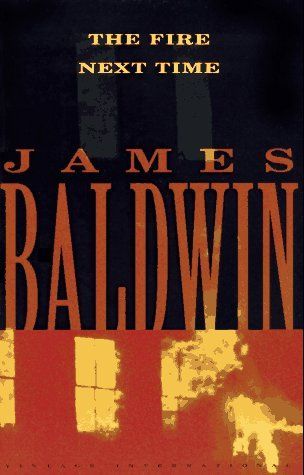
Reviews
Laura Walden@lauracwalden
Irene@rensreading
Megan Parrott@meganparrott
CJ@c4ryll
Ellie Younger@ellierose2000
kayla @kayellng
Jb@jbr1992
Maximus@maximus09
Cody Degen@codydegen
jennifer @booksvirgo
Andrew John Kinney@numidica
Lamia Hajani@lamafoyomama
Matthew Royal@masyukun
camilla@alittlelife
Jiji@loversbynature
Cindy Lieberman@chicindy
eliz@thornedscenery
Haley Murray@fortunesdear
Jayme Bosio@jaymeb
Omar AlHashmi@omaralhashmi
Fraser Simons@frasersimons
Jenna@jenna
Cindy Lieberman@chicindy
Kathleen Mullins@kathleenm
Highlights
Emiley Jones@emileyjones
Page 95
Emiley Jones@emileyjones
Page 92
Emiley Jones@emileyjones
Page 55
Emiley Jones@emileyjones
Page 43
Maricruz@maricruz
Helen @helensbookshelf
Helen @helensbookshelf
Helen @helensbookshelf
Helen @helensbookshelf
Helen @helensbookshelf
Helen @helensbookshelf
Sabrina D. @readingsofaslinky
Page 72
Marcos Rodriguez@mjrodriguez
Stephen Schenkenberg@schenkenberg
Page 94
Stephen Schenkenberg@schenkenberg
Page 22